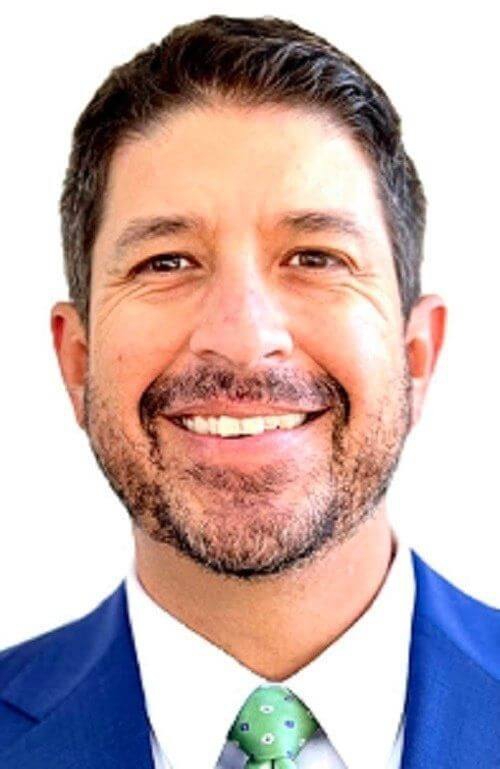Navigating a criminal case can be overwhelming, especially when facing unfamiliar terms like arrest, bond hearing, and arraignment. This blog post breaks down the first stages of the criminal case process, from pretrial steps to the early phases of trial, including jury selection and the prosecution’s case-in-chief. While this guide provides a detailed overview, every case is unique, and there’s much more that goes on behind the scenes. Hiring an experienced criminal defense attorney is essential to understanding your rights and building a strong defense strategy to protect your future.
Pretrial
Arrest: This is where it all begins. If the police officer feels like they have probable cause (that a crime was committed and you were the person that committed it), they can arrest you. Remember, if you’re being accused of committing a misdemeanor, the police officer can simply give you a PTA (promise to appear) and not physically arrest you.
First Appearance/Bond Hearing: Sometimes, depending on what you’re arrested for you will have no choice but to wait to see a judge within 24 hours of your arrest (typically the next morning). Some charges, such as Domestic Violence, have mandatory holds so that the Judge can advise you of conditions of pretrial release. For other crimes you may be able to simply post the standard bond at the jail either by paying it in full or by using the services of a bail bondsman immediately after you appear in corrections’ system at the jail.
Arraignment: An arraignment is usually the first official hearing in court that you attend after being arrested. This is where the judge formally addresses the charges against you, and asks you for your plea to the charges (either guilty, not guilty or no contest).
Information or Indictment: Should the State Attorney’s Office decide to formally charge you with a crime, they will usually file what’s known as an information or indictment (less common). For criminal traffic offenses such as DUI and Reckless Driving, you can also be charged by citation.
Discovery: During discovery, both you and the prosecutor are able to look at the evidence and facts that will be presented during trial. During this time, you can view the arrest form, and other supplemental reports, forms and offense incident reports in addition to other evidence before the prosecutor brings it up at trial.
Pretrial motions: This is where the boundaries for the trial are set. The judge decides what evidence the prosecutor can or cannot use. If the evidence, or lack thereof, allows you can even move to have the case dismissed because the prosecutor cannot make out a case.
Trial
Jury Selection: A panel of prospective jurors will be brought into the courtroom to be questioned. During voir dire (jury selection) the judge, prosecutor and your lawyer will ask the jurors questions to determine whether they can be fair and impartial. This is a crucial point in the trial as it can determine what the ultimate outcome will be. While the goal is to find jurors that are fair and impartial, make no mistake about it, the prosecutor is trying to find 6-12 people that will convict and the defense is looking for 6-12 people that will find their client ‘not guilty.’
Opening Statements: Before the evidence is heard by the jury, both your lawyer and the prosecutor will be allowed to give an opening statement. Here, your lawyer and the prosecutor are providing a brief summary to clarify what the evidence will show and what it will prove. It includes both parties describing details and facts regarding the case.
Prosecution‘s case-in-chief: In a criminal case the burden is always with the State. It’s the prosecutor’s job to convince the jury that you are guilty beyond and to the exclusion of every reasonable doubt. Your lawyer will get to ask questions of the State’s witnesses during cross examination (i.e. “isn’t it true that it was dark?”… “isn’t it true that you didn’t have your glasses on?”).
Continue to Next Page (Part 2)
Do You Find Yourself In Need Of A Miami Criminal Defense Lawyer?
If you've recently found yourself in need of an experienced criminal defense attorney in Miami you should contact me as soon as possible. Please feel free to contact me online or to call my Coral Gables office directly at 305.707.7345. You can also request my free book "The Ultimate Guide To Fighting Criminal Charges In Florida", a detailed download discussing the myths, rumors and hearsay often associated with criminal charges, what to expect from your criminal court proceedings and important steps you must take to battle your charges.
|
Related Links: |


